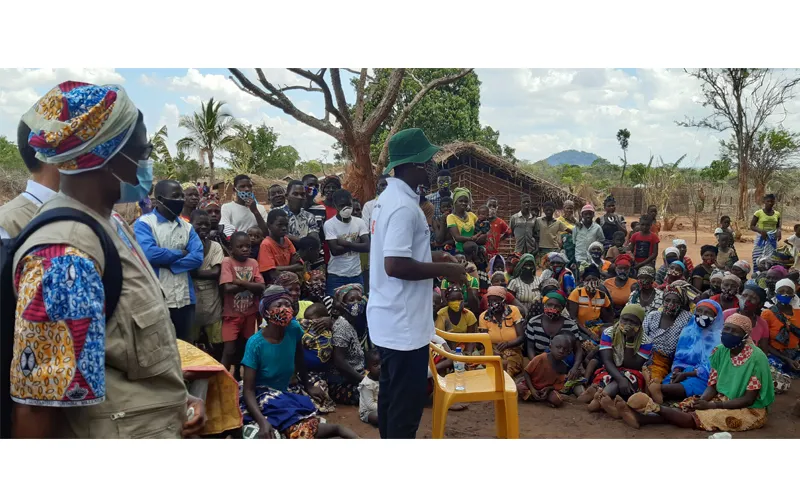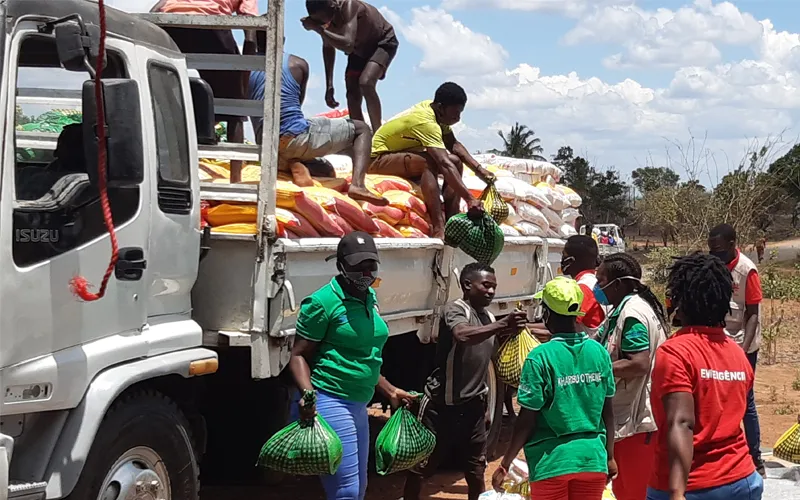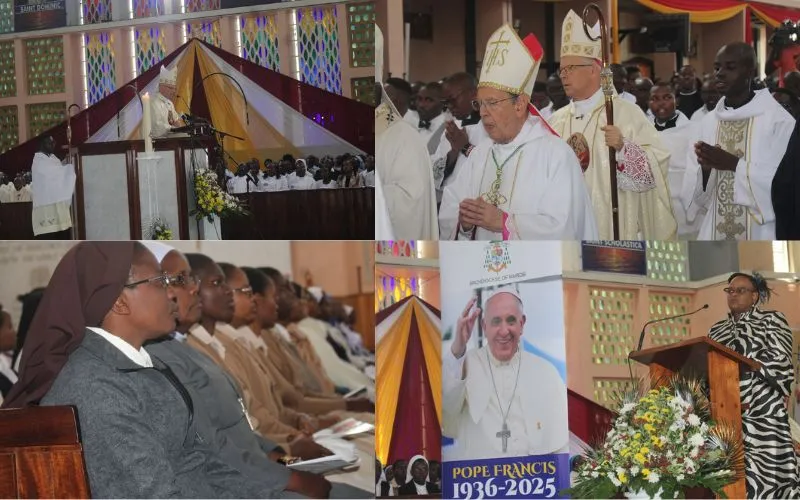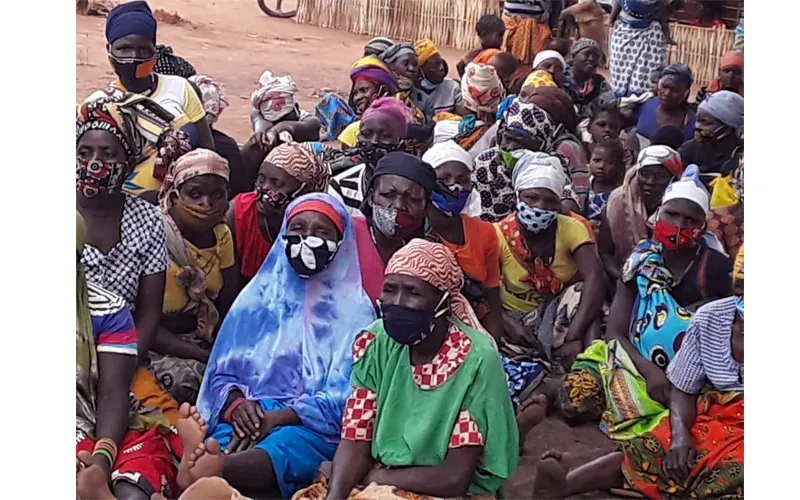Statistics show that since the religious extremism hit the region, 2500 people have lost their lives with 750,000 others displaced from their homes.
Because of the situation, Fr. Fonseca says, the church is endeavoring to assists those who have been affected by the war in one way or another and are majorly depending on aid from outside adding that it is a reality that people in the area have to get used to.
“Our life has changed so much so that being a Priest is like being one of the emergency service providers. It is a matter of being on call 24 hours a day and putting our hearts and souls into this struggle because at the end of the day we can at least say that we are still alive,” says Fr. Fonseca, advising people in the church to practice flexibility in addressing the protracted volatile security situation.
In his experience, the ministry of Priests in the region is not just limited to spiritual care but that they have also become activists, psychologists, first aiders, suppliers of foodstuffs, Caritas volunteer, among other roles.
The Mozambican priest says that the situation caught them at a time when they were ill-prepared for it, making life, with the already existing COVID-19 spread and infection, difficult.
(Story continues below)
The situation in Mozambique has not only attracted spiritual leaders from the region but also political leaders from across the world.
Members of the EU parliament recently expressed their concern over what is happening in the Cabo Delgado region describing it are “extremely worrying.”
They called for EU member states to lead by example and intervene in the situation by lifting Mozambique out of the deadlock.
Fr. Fonseca is one of the many church representatives who are disparately trying what they can to help people affected by the violence, war and instability in the Cabo Delgado region.
Their role spans from caring for the wounded to helping people reunite with their family members who have been displaced by the violent conflict. The Cleric says that they heavily depend on prayer from everyone monitoring the situation in Northern Mozambique.
ACN officials have been working closely with philanthropist and spiritual leaders like Fr. Fonseca to alleviate the war situation in the Catholic Diocese of Pemba and Mozambique at large.
The Catholic Church leadership has actively been participating in charity works towards making lives for people affected by the religious strife in Mozambique comfortable. It has been doing this by acts such as building safe houses.

Currently, there are plans to build more houses, a project that will involve both the Catholic Church and other like-minded partners.
Other Catholic Bishops in the Southern African region have also been extending their helping hand and prayer to Mozambique amid all the crisis it is experiencing.
“The Southern African Catholic Bishops' Conference (SACBC) decided on a solidarity visit to the Bishop of Pemba from December 2 to December 4,” says Bishop José Luis Ponce de León of Swaziland’s Manzini.
In the report shared with ACI Africa, Fr. Fonseca says, “We want to thank the pontifical foundation ACN International for its support and accompaniment in our lives ever since the first moments of the crisis, here in the Diocese of Pemba.”
“We are deeply grateful to the charity for its efforts to always be close to us. Today we know just how much you love us and care for our people. May God bless your misión,” concludes Fr. Fonseca.










